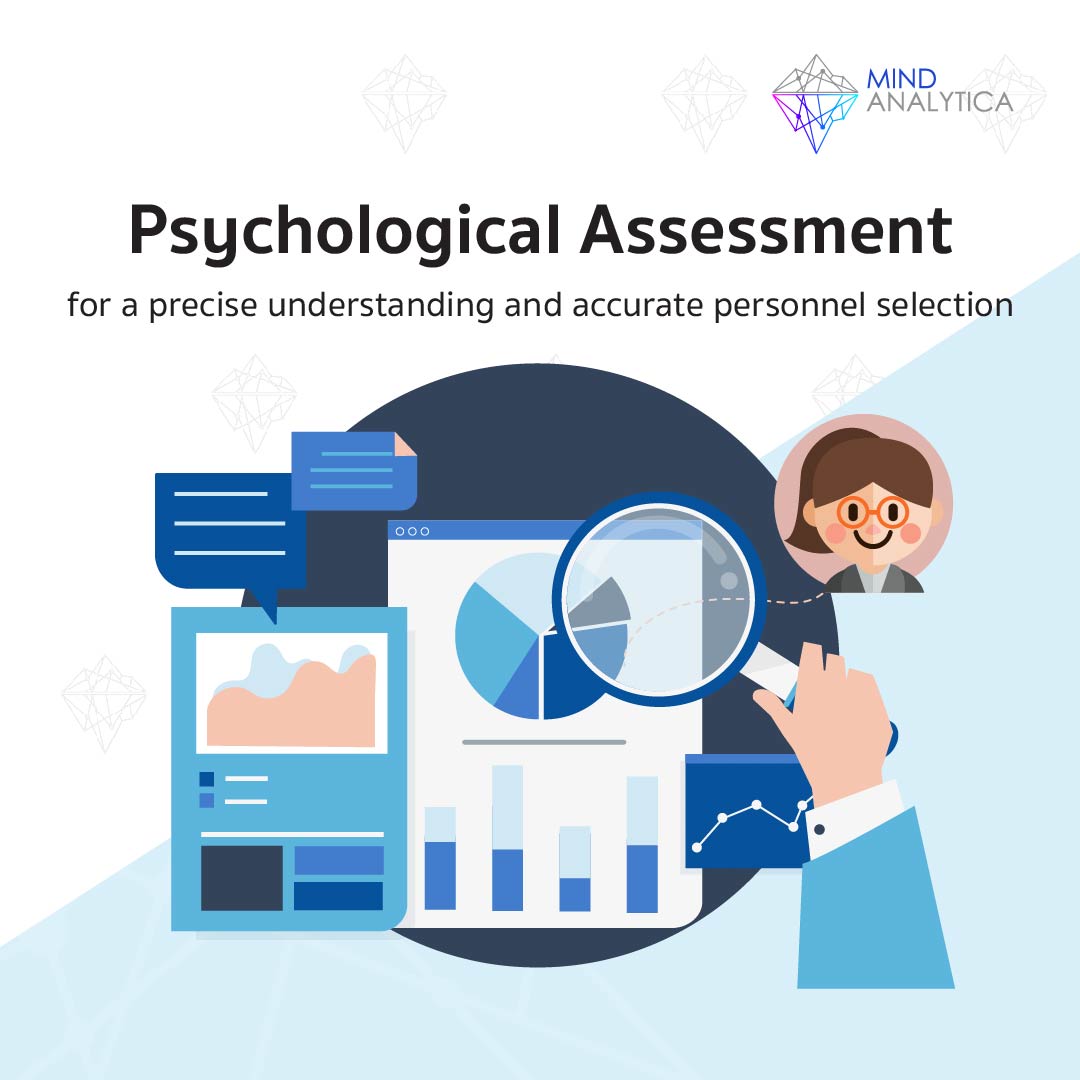Psychological Assessment
27 ตุลาคม 2566 - เวลาอ่าน 3 นาที
for a precise understanding of individuals and accurate personnel selection
To understand and get to know an individual, one must invest time in studying and observing them through living life or working together. Observation helps in understanding responsibility, trustworthiness, and even compatibility in work or job positions, or teamwork. These aspects, which are inherent in an individual, can be measured and evaluated using psychological assessment tools.
While the process of selecting individuals for employment is often a short one, getting to know a person deeply requires time. Choosing individuals who don't meet the requirements can be detrimental to the organization, as it might miss the opportunity to have suitable personnel for the position.
In some cases, getting to know an individual in a short amount of time and with limited information for a rough assessment is more popular. Techniques such as face reading, palmistry, or even fingerprint scanning have been found to be used for employee selection at higher levels.
Using psychological tests has an advantage over methods like face reading, palmistry, or handwriting analysis. Generally, psychological tests come in various forms, whether through questionnaires, interviews, or even measuring brain waves. However, one of the most commonly used methods is the use of assessment questionnaires. This involves creating a test with a set of questions, evaluating the answers provided by the applicant, and comparing the scores to determine how well the results match the desired outcome. This desired outcome could relate to job performance, inappropriate workplace behavior, tenure, and more.
What makes psychological tests accurate is the use of statistics and statistical evidence to prove if the assessment aligns with reality. These tests are typically validated for their ability to measure what they are supposed to and are reliable, meaning that they produce consistent results when administered to the same person repeatedly. Additionally, personality tests, for example, are divided into different aspects. Some pieces of research may choose to break down personality into five aspects. Interpreting the results is specific to those five aspects. Still, due to the accuracy and specificity, it is possible to make comparisons between multiple test-takers, showing who has higher or lower levels of a particular personality aspect.
Another precaution is to insert 'lie scales' that gauge whether the applicant answered to uphold a certain image in psychological tests. The scores will tell if the applicant is prone to not answering truthfully, giving the assessor the ability to use the results with caution.
In conclusion, psychological testing is favored for its precision and specificity in interpreting meaning, backed by research. It also enhances defenses against answering untruthfully. These characteristics make it a confident choice for those using the results to serve their purpose for testing.



